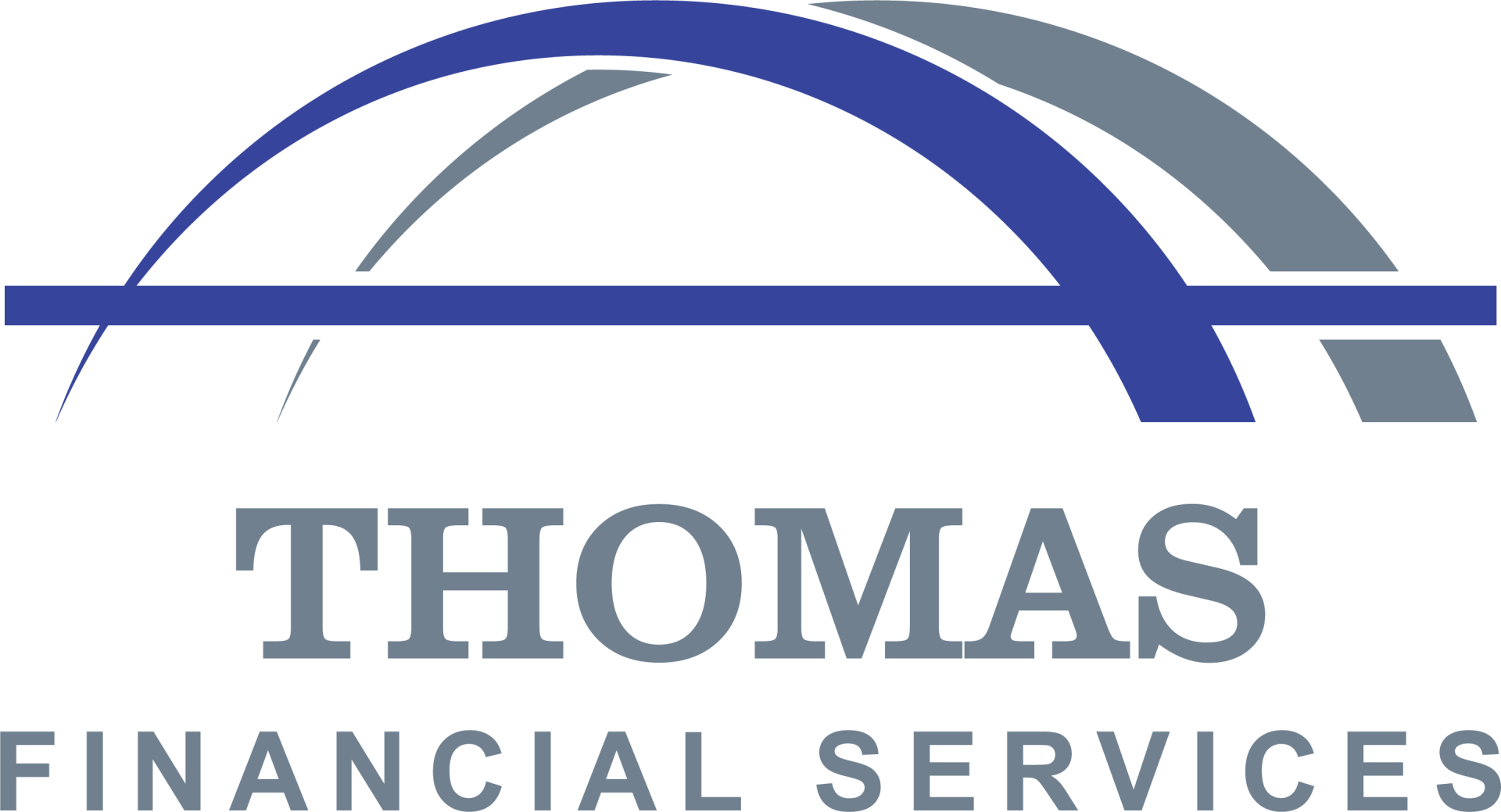Investing After Retirement: Tips to Protect Your Nest Egg
Be mindful of inflation.
Inflation is the increase in prices of goods and services. Annual inflation is usually modest. In fact, it hasn’t exceeded 5% since the 1980s.2
Even modest inflation can impact your strategy over the long-term, though. Consider an average 3% inflation rate. Over 24 years, that means a doubling in prices. Could you afford to see your expenses double throughout retirement?
A strategy that leaves room for growth potential can help offset the effects of inflation. As your assets grow, you may be able to take increased income to cover the increase in prices.
Many retirees opt for strategies that have little risk exposure. However, it may be wise to allocate some portion of your savings to assets that offer growth potential so you can keep up with inflation. A financial professional can help you find the right mix.
Take the "Goldilocks" approach.
Do you remember the story of Goldilocks, the girl who finds her way into the home of a family of bears? She tries their porridge, their chairs, and even their beds until she finds the one that is just right.
A “Goldilocks” approach to growing your savings may not be a bad idea, especially after retirement. Don’t look for the portfolio that offers the most return or the least risk. Rather, look for the mix that is “just right” for your needs and goals. For instance, it may be that your “just right” strategy is one that limits risk but also offers growth potential and consistent income. A financial professional can help you find your “just right” strategy.
Have a withdrawal strategy.
If you’re like many retirees, you’ll receive Social Security and possibly even a defined benefit pension in retirement. But you also may need to take withdrawals from your savings to supplement those income sources.
What’s the right amount of income to take? If you take too little, you may not live the type of lifestyle you desire. Take too much and you could drain your savings. Before you enter retirement, you may want to plan your income strategy. Determine the right level to take without draining your savings.
Also develop backup plans. For example, how will you adjust your income if your investments decline? What if you have a costly emergency? How will you cover that expense? Should you look at tools to guarantee* your income? Again, a financial professional can help you answer these questions.
Ready to develop your post-retirement strategy? Let’s talk about it. Contact us today at Thomas Financial Services. We can help you analyze your needs and develop a plan. Let’s connect soon and start the conversation.
1https://www.fidelity.com/viewpoints/retirement/longevity
2https://inflationdata.com/Inflation/Inflation_Rate/HistoricalInflation.aspx
*Guarantees, including optional benefits, are backed by the claims-paying ability of the issuer, and may contain limitations, including surrender charges, which may affect policy values. 20113 - 2020/5/26



